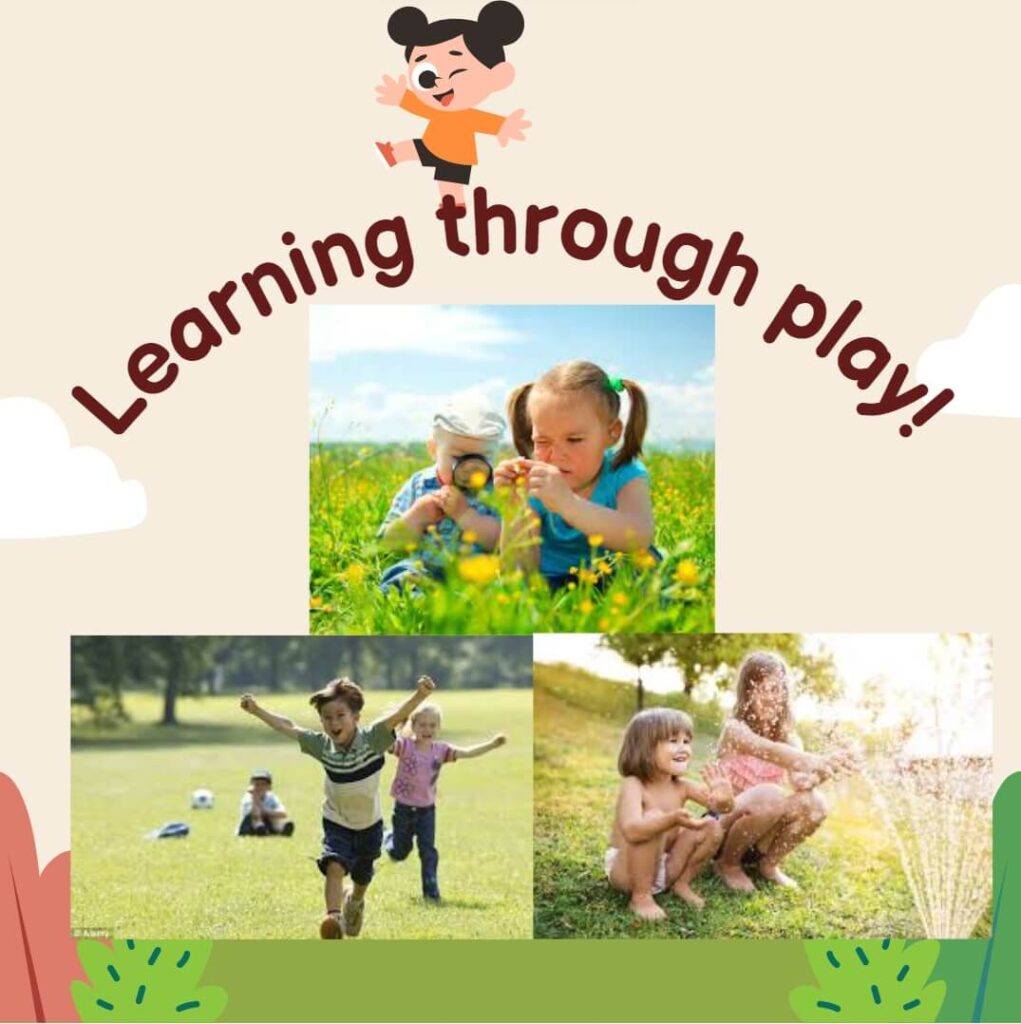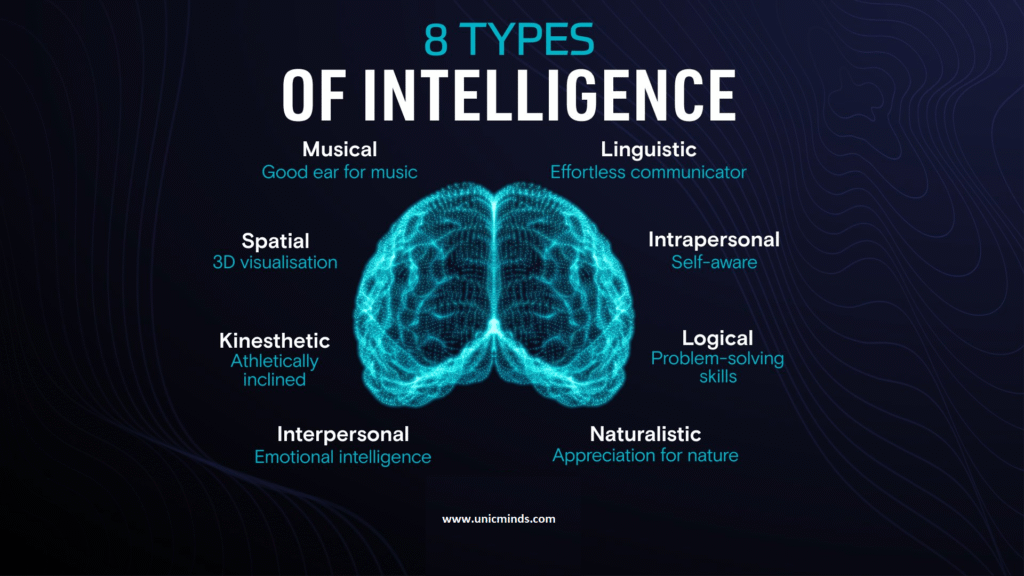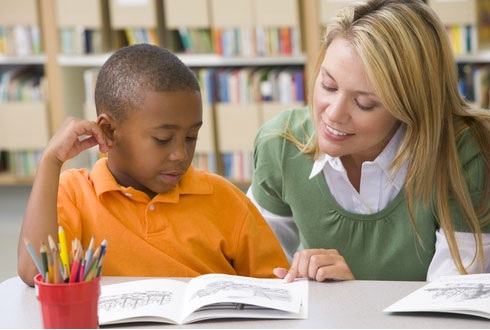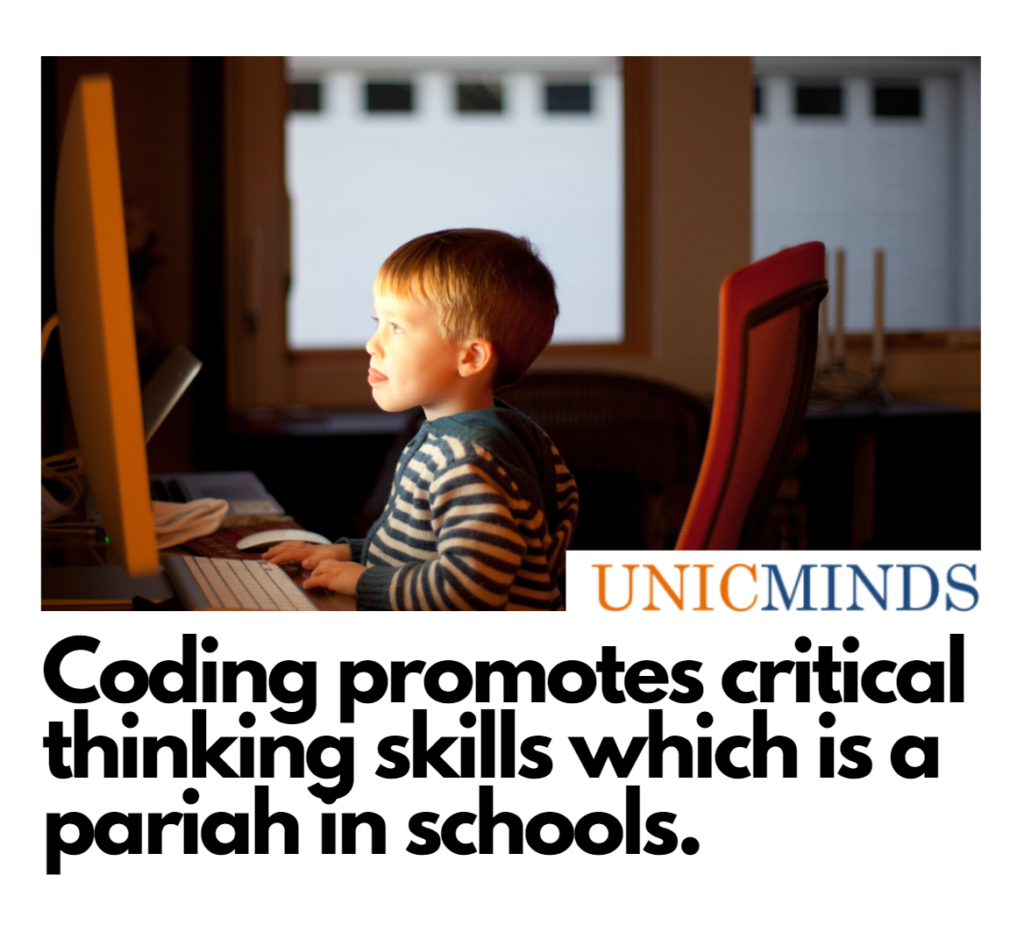After all, we all are playing a losing game. We are all going to die. So, never put your child too much into one aspect, let your child willingly play as he or she wills. Let that soul explore, play, and blossom.
Play is as important as studying is for children. Never underestimate the power of play in teaching children the lessons of life such as working with people, understanding human emotions, the feelings of winning and losing, the emotions involved in competition, the brotherhood and sisterhood developed through play, and the bonding of fundamental human connection is inexplicable. Also, play helps children develop a bond with the natural world, and appreciate the natural world and its power around them.
Play builds essential life skills
Play brings real-world lessons of life through interactive experiences. The exploring, risk-taking. and the trial-and-error approach that naturally occurs in play teaches children to stay curious and dream big. In group settings, kids can practice collaboration, leadership and conflict management to strengthen their relationships and build vital social skills that will help them grow to be successful, no matter what path they choose later in life.
Children are born curious, naturally inclined to explore as they learn new information about the world around them. An important way they make new discoveries is by harnessing the power of play. When kids are given the opportunity to open their imaginations through hands-on activities, they increase both their confidence and their creativity.
My Story of Playing
As a child growing up in a small town in India, I had a park right in front of my house. I had a special affinity to play, and always play. If you would see me, you’d see me playing indoor games or outdoor games. Until there was daylight, we used to play a lot of outdoor games – especially cricket and catch-catch. And, once the sun went down I used to go to my friend’s houses to play together with their toys. As I grew up, I started playing a range of games from handball and long jump to chess and cricket. Even as an adult, I am still very interested in play. I love playing snooker and cricket even today whenever time permits on the weekends. But, I mainly took up cricket as my game. Retrospectively, play gave me many friends, many opportunities to think how people feel in wins and losses, and most importantly it taught me “no matter how good you’re, you’re going to lose some and win some”.
The time when we play is probably one of the best times in life when we didn’t have any care and just kept playing. I remember some childhood summer days when I used to hop from one place to another and keep playing outdoor and indoor games.
Benefits of Learning Through Play
Numerous researchers have found play is a natural and critical part of child development. Children are born curious, naturally inclined to explore as they learn new information about the world around them. An important way they make new discoveries is by harnessing the power of play. When kids are given the opportunity to open their imaginations through hands-on activities, they increase both their confidence and their creativity. Some of the best things play teaches are:
- The adaptive tolerance and empathy toward others that is learned in early preschool through rough and tumble play is really a fundamental part of our having tolerance for people who are different than we are.
- Everybody is different and each person has his or her own advantages and disadvantages, strengths and weaknesses depending on the situation. So, never underestimate anybody and always treat people with respect and generosity.
- Winning and losing is part of life. You will win some and you will lose some, and it happens to everyone. The only issue is people don’t talk about failures much. But, games and play help children to cope with failures together and it builds their psyche to not take failures or successes into their head.
- Playing teaches you to accept other people and it mainly teaches you teamwork. In most games, you have to plan your team work to give various roles to various team members based on strengths and weaknesses.
- Play helps you deal with unfamiliar situations and unfair decisions. Sometimes, you will see unfamiliar faces, unfamiliar situations, and not so fair decisions by your friends or people whom you’re playing with. You will see their emotions coming out and that will help children reflect on their own.
- Play intuitively has an exploratory nature to it, it has a trial and error method to it, and it is at the end about having fun together with your friends. So, it teaches you how to build your bonding with people.
- Play encourages a “what-if” mindset in children. It helps them to use their imagination, calculate, and take risks. This in turn gives them an idea about themselves, about who they truly are.
Play doesn’t block learning
Play should not be seen as tangential to learning, experts say, but should be viewed instead as the natural way young children learn. “The parts of the brain that are most developed in the early years are the ones that respond to active experiences,” said Dee Ray, a professor of early childhood education and director of the Center for Play Therapy at the University of North Texas College of Education. In contrast, the parts of the brain that allow children to learn by listening to a lecture or watching a video are developed later, she added. “The brain is structured to learn from experience first, and then learn through all the other means that we usually use [to teach],” she said. “Play is essential to education. Play is education for children.” Some grades are more important for children for sure, but that doesn’t mean we will have children into all learning and no play.
Teaching Kids Through Guided Play
It is therefore useful to introduce “guided play” in classrooms and teaching sessions. Guided play is involving children in playful activities with a learning goal in mind. For instance, to teach engineering concepts, adults might tell children to build a sturdy skyscraper, then ask the children open-ended questions about their efforts. Active and engaging learning experiences through guided play can lead to deeper, more permanent learning.
In conclusion, children should be allowed to freely explore within a protected environment. From simple building blocks to intricate robots or explosive volcanoes, there is no limit to your child’s learning when they have the freedom to explore. As someone who played amply in my childhood and who is keen to play even now, I will say it is very important for children to be allowed to play and have fun in life.
Let them just play!
Hope this is useful, thank you.
You may like to read – 6 amazing games 6 year olds have built, how early is too early to teach coding to kids, and develop leisure reading in children.




